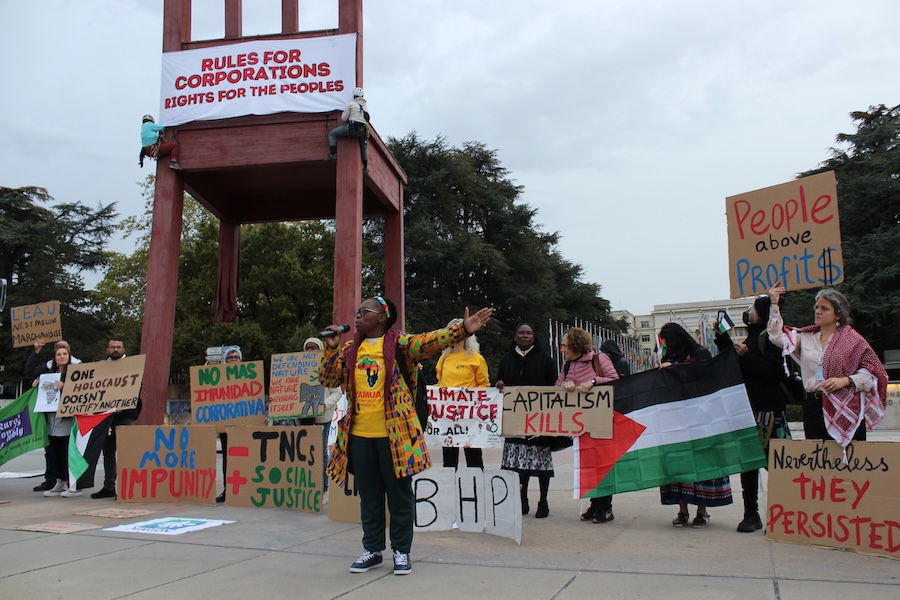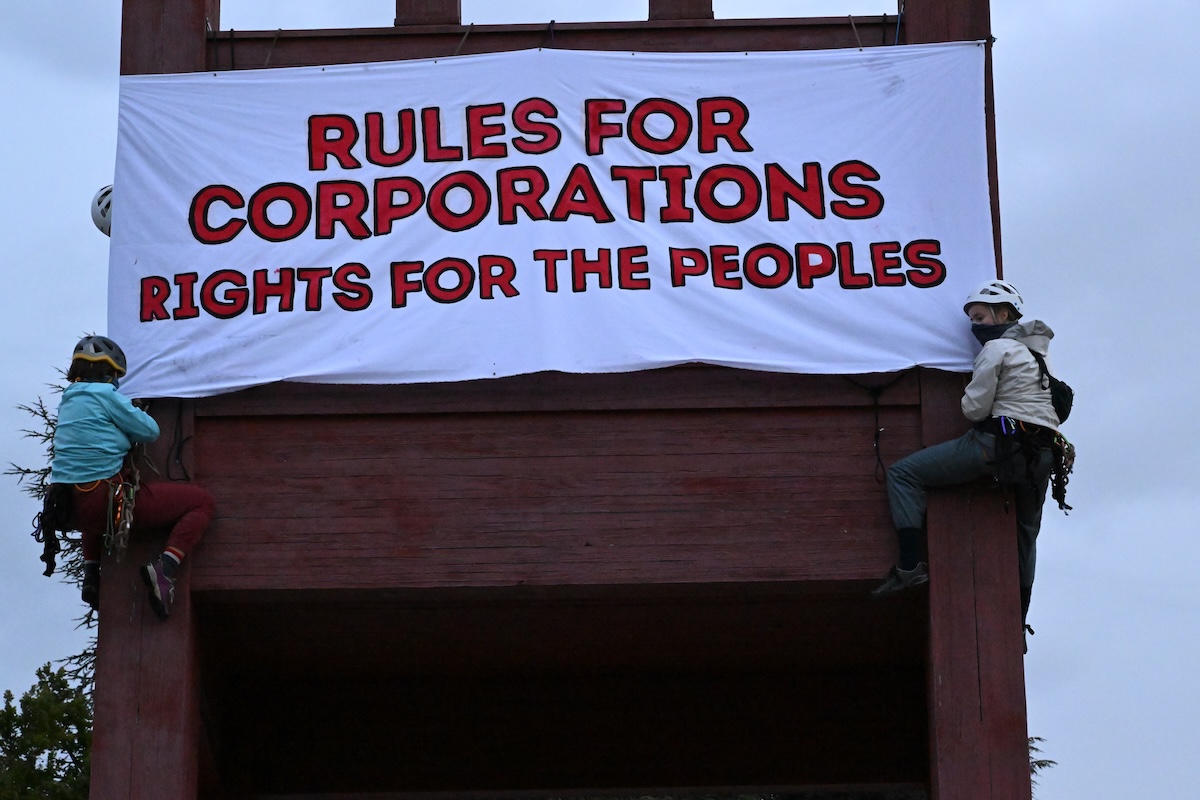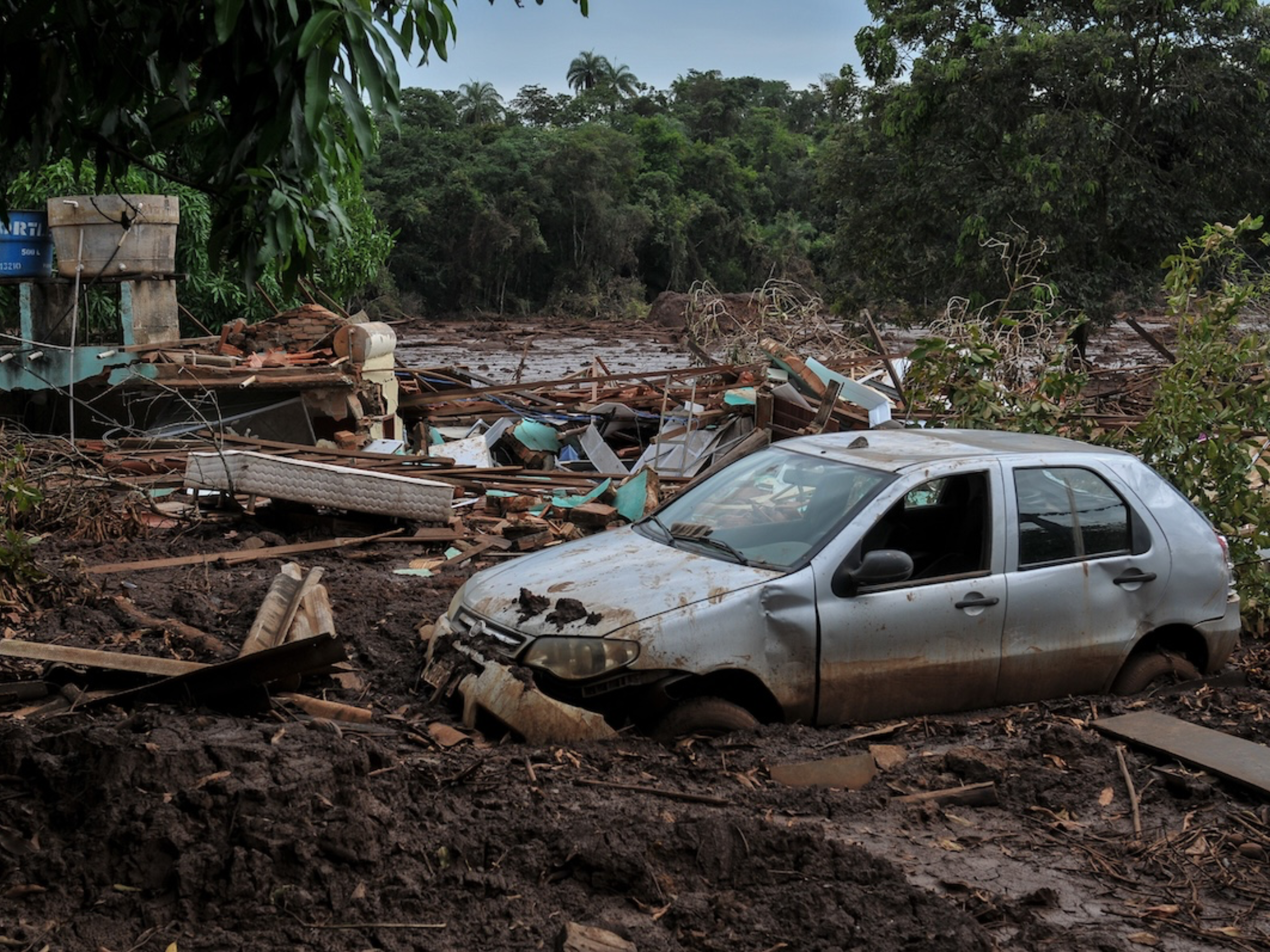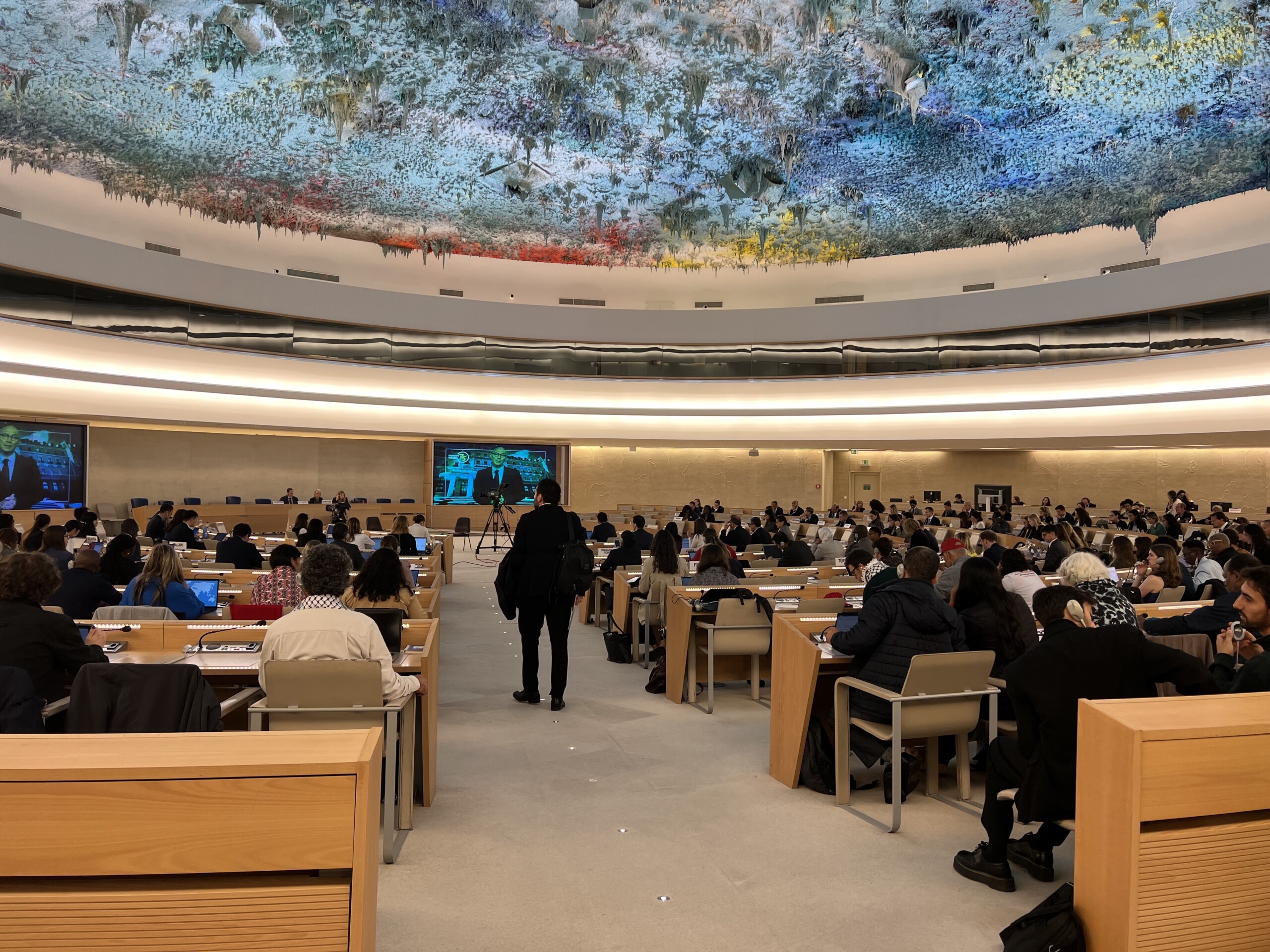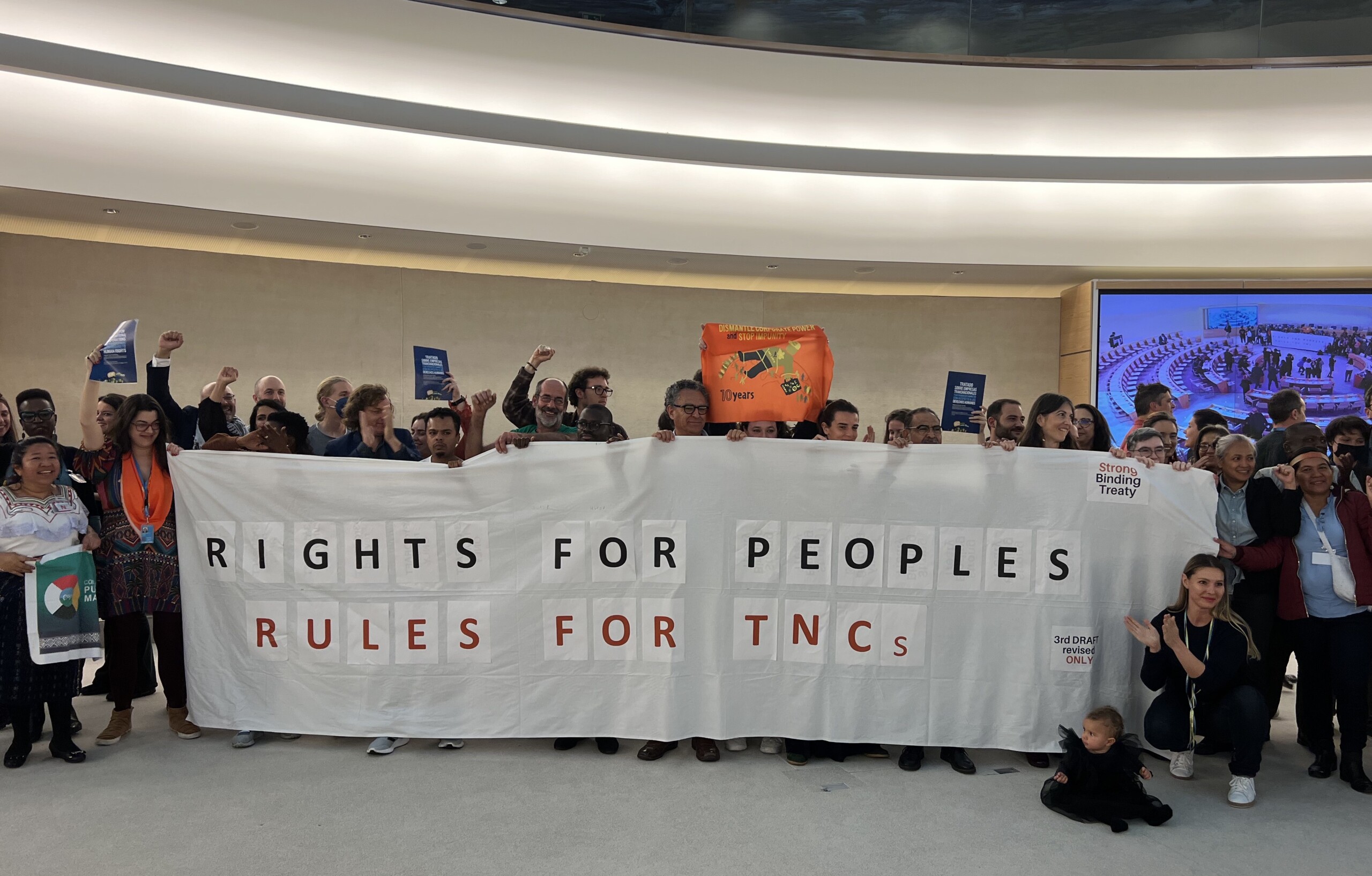Around the world, people and communities are confronting widespread and systemic human rights abuses related to business activities. This trend is intensified by the lack of effective regulation in both the home and host States of corporations, as well as a failure to ensure effective access to remedy and accountability. For over a decade, ESCR-Net has played a crucial role in advancing the development of a clear and comprehensive international human rights framework on corporate accountability, including a binding treaty on human rights and business.
The binding treaty, also known as a draft treaty, is an international instrument aimed at addressing human rights and environmental abuses and violations caused by businesses. It also aims to enhance access to justice for individuals and communities facing business-related abuses and violations such as land grabbing, risking lives, destruction of natural resources, and slave-like working conditions.
History of the Treaty Movement
In 2013, ESCR-Net held the first Peoples’ Forum on Human Rights and Business, during which our members outlined demands for a human rights-based approach to corporate regulation in a joint civil society statement that became the first statement of the Treaty Alliance. The statement called for establishing an intergovernmental working group dedicated to developing an international legally binding instrument to address corporate human rights abuses and ensure that effective accountability and redress mechanisms are available for affected people. Over 1000 signatories, including over 600 organizations and 400 individual advocates from over 100 countries, signed the statement.


